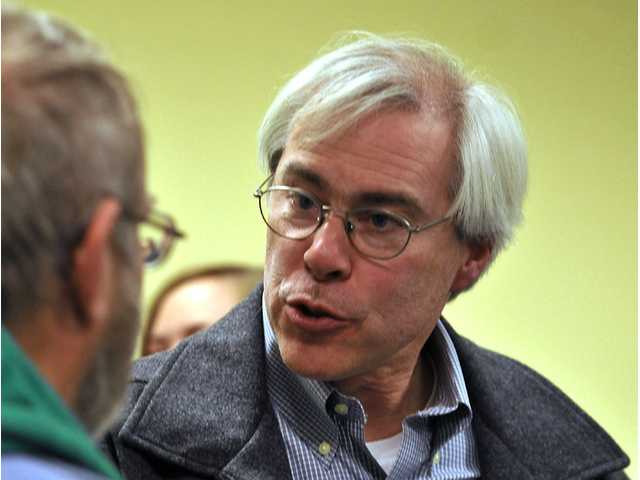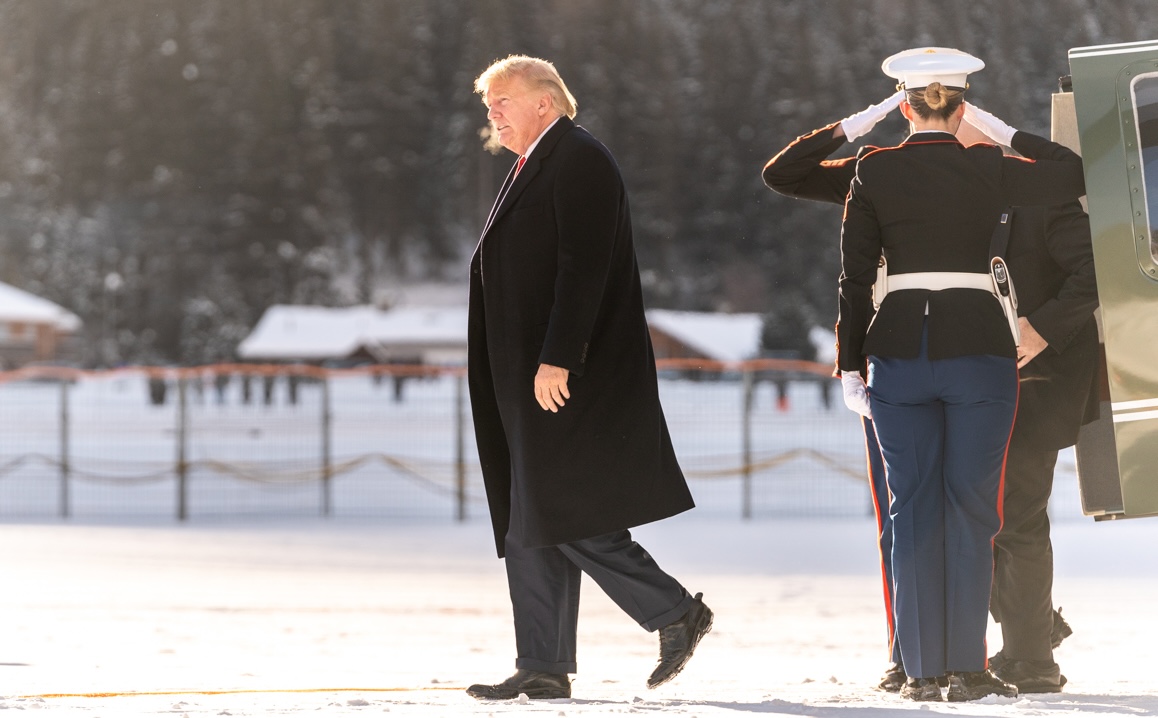The 47 members of the transportation bill conference committee have a lot on their plates: The Senate's MAP-21 bill includes many provisions Republicans don't like, the House slapped controversial "poison pills" onto its non-bill, and chair Barbara Boxer wants this all wrapped up in a few weeks.

On top of all that, members are beginning to submit "instructions" to their fellow conferees, telling them how to vote.
On Friday, the House passed two instructions. The first was sponsored by T & I Ranking Member Nick Rahall and it instructed House conferees to reinforce "Buy America" provisions by closing certain loopholes. The Senate bill includes Buy America language to ensure that more manufactured goods and commodities are produced within the United States.
The Amalgamated Transit Union is in favor of Buy America provisions because they protect manufacturing jobs in the U.S. But many other transit advocates oppose them because they can make transit so much more expensive and present many bureaucratic obstacles.
It's no surprise that Rahall, a Democrat from West Virginia coal country, would support a provision intended to create American manufacturing jobs. But the second set of instructions was a little more surprising. John Barrow -- a Democrat -- put forward a motion instructing House conferees to "insist on Title II of the House bill, regarding approval of the Keystone XL pipeline."
According to Politico, Barrow is a conservative Georgia Dem who's highly vulnerable in the next election. Perhaps he thought he could score some right-wing points with the vote. But it's no indication that Democrats are warming to the pipeline idea. In fact, as Larry Ehl mentioned in Transportation Issues Daily, "Fewer House Democrats support Keystone XL than House Republicans claimed." The House bill to go to conference got 69 Dem votes, but many of those held their nose voting for a bill containing Keystone just to get a conference process started. Only 26 Democrats voted “yes” on Barrow's motion Friday. And as Ehl points out, that means "the House does not have the votes to override a Presidential veto" -- in the "somewhat remote case" that the bill passes Congress with the Keystone XL language.
Once conferees have been named, House members have 20 calendar days and 10 legislative days to submit instructions if a conference report has not yet been filed. The "motion to instruct" is a privileged motion, which means the House majority can't stop them from being voted on. "It’s a recipe for crippling the House floor and forcing votes on uncomfortable topics, if the Democrats want to play it that way," wrote Kathy Wolfe at Politico.
Both Barrow and Rahall indicated that their instructions were intended to force the conferees to act, but the instructions are non-binding recommendations on highly contentious issues, which members will vote according on to their own values and constituencies.
Despite the fact that the House is on recess this week and the Senate is on recess next week for Memorial Day, staff members have been working hard to come to agreement on the issues in the bill. If they make progress, they'll have some points of agreements to show their bosses when they are all back in DC at the beginning of June. Boxer has said the committee needs to pass its bill by June 7 in order to get it voted on by both chambers and signed by the president in time for the June 30 deadline. Some experts are beginning to show a cautious optimism that it could actually happen.





